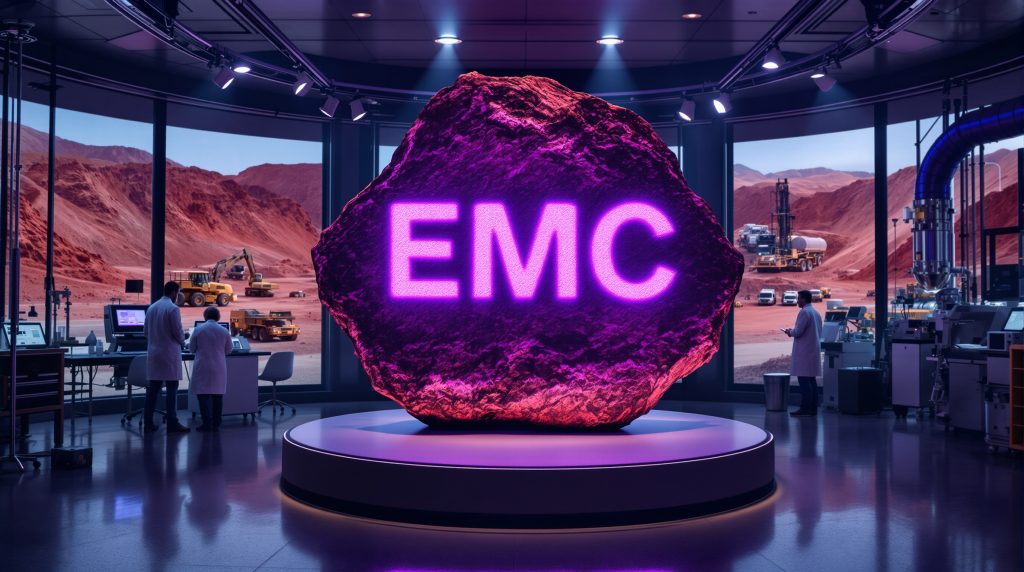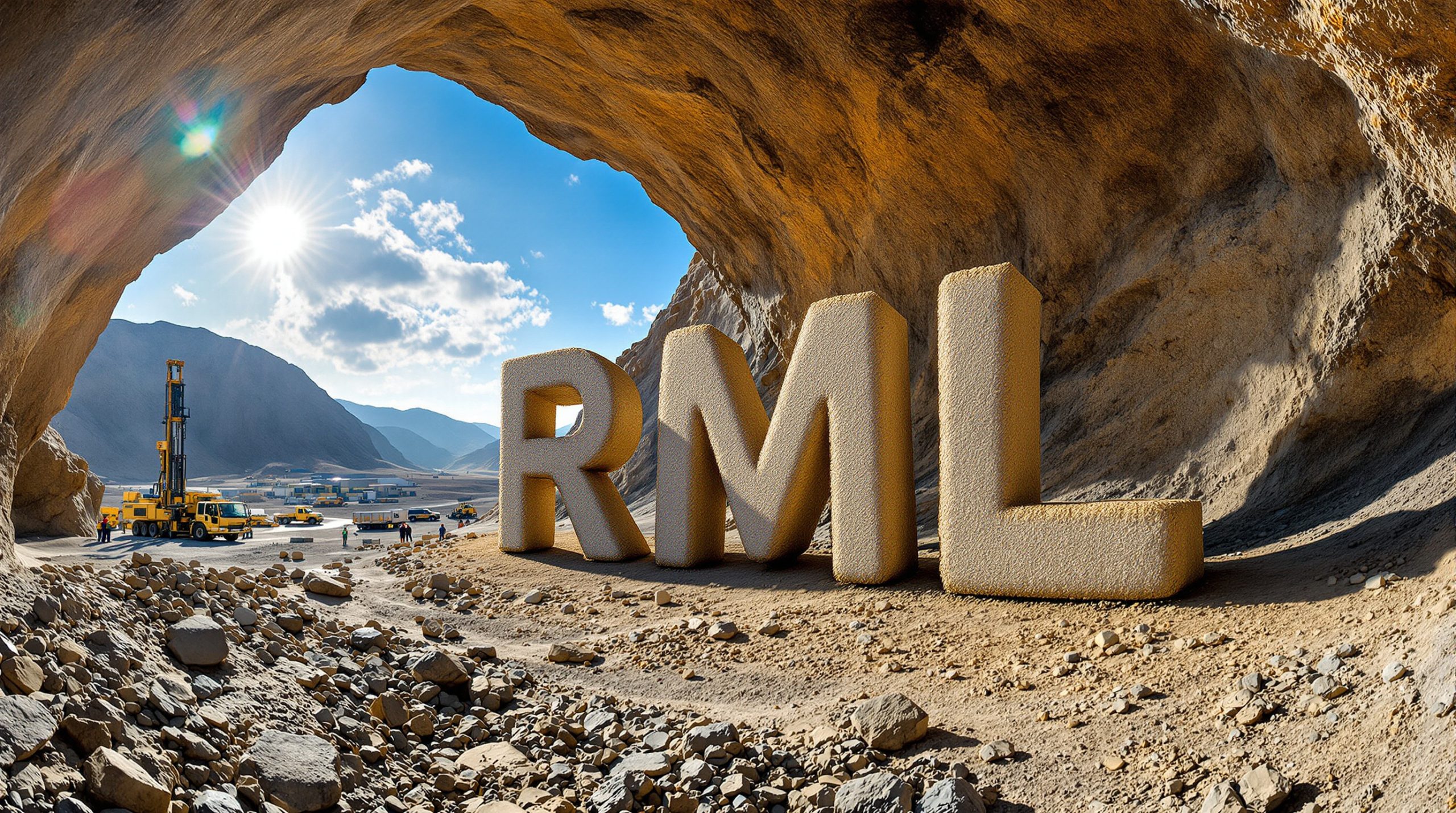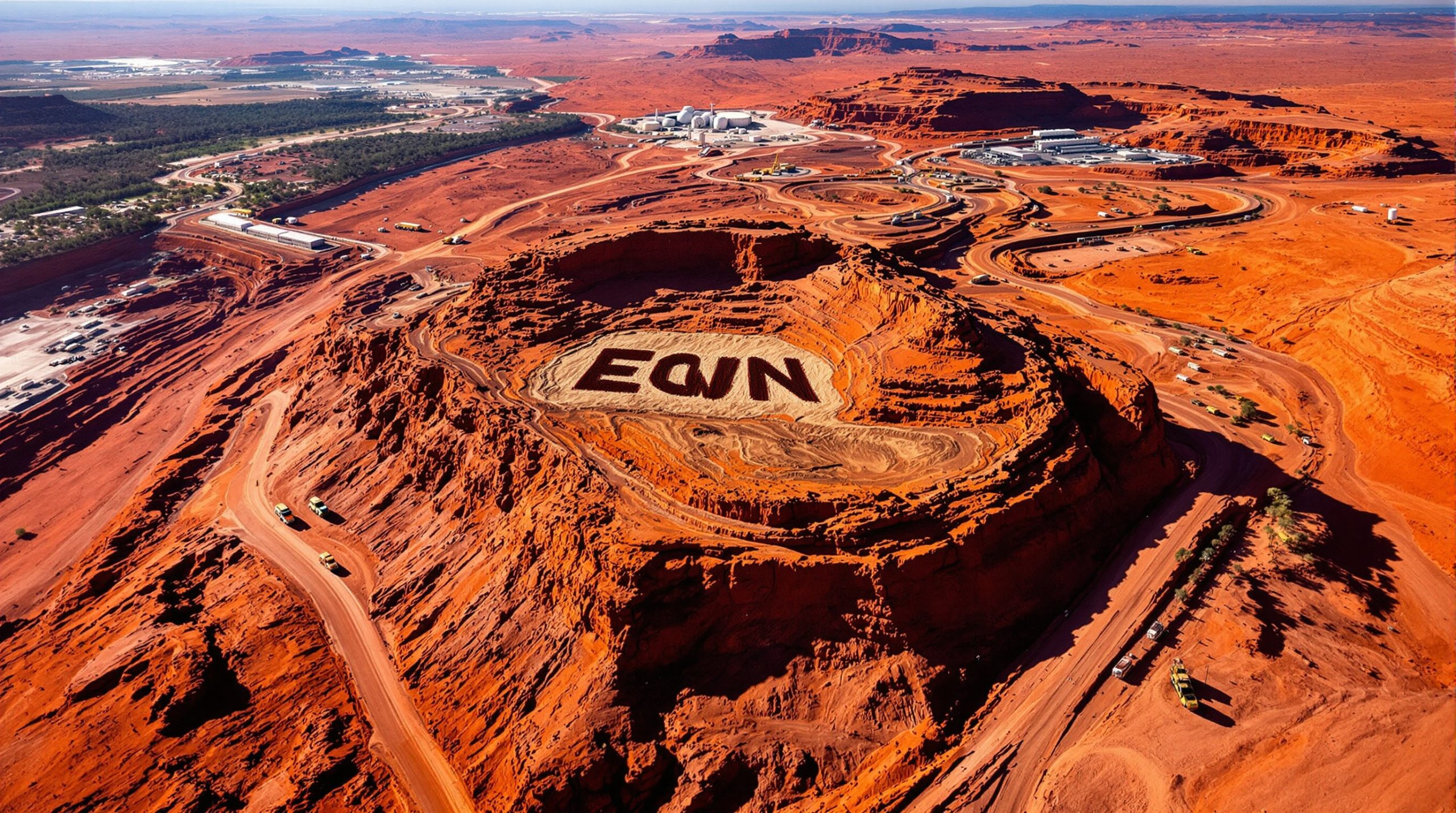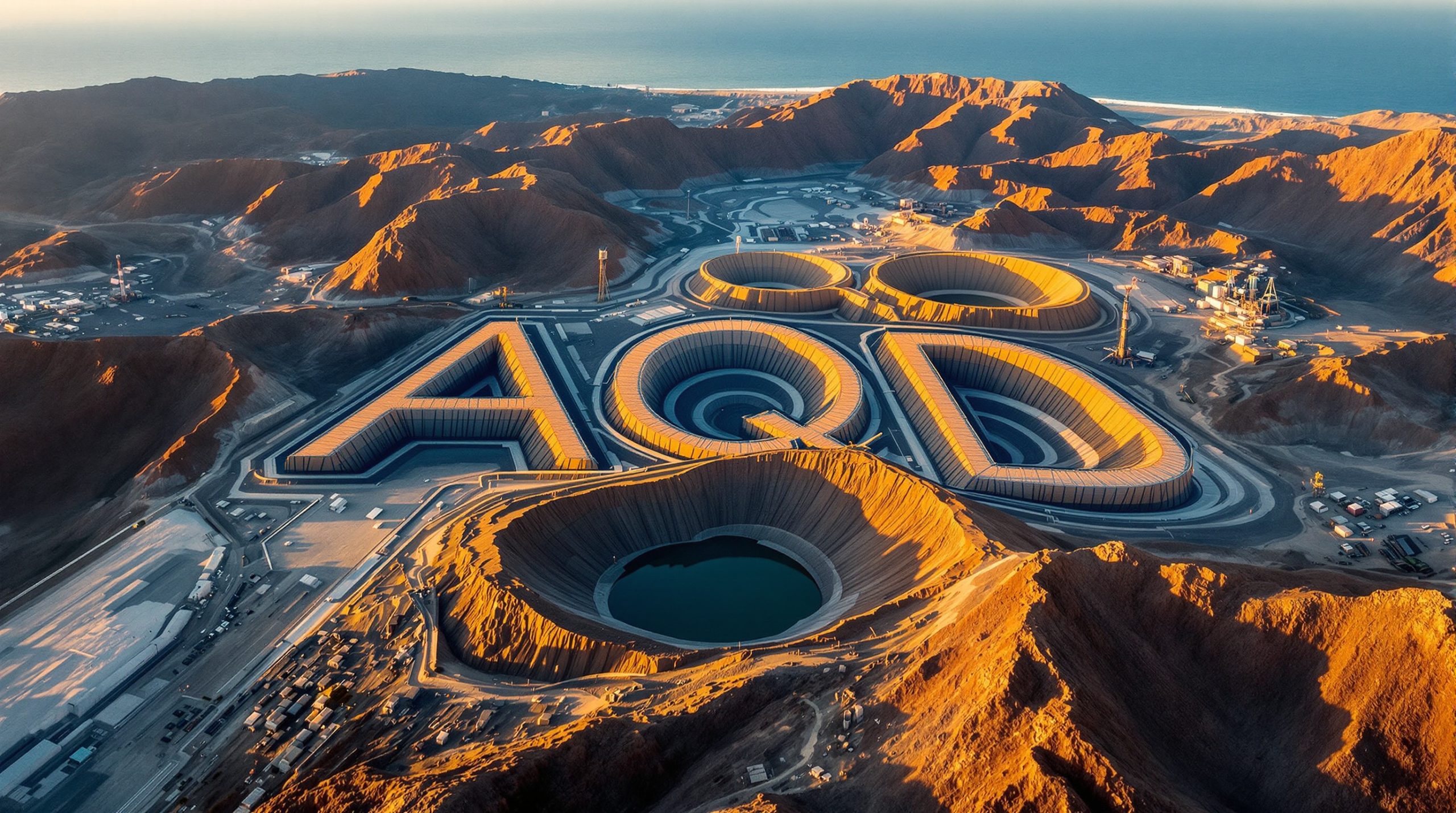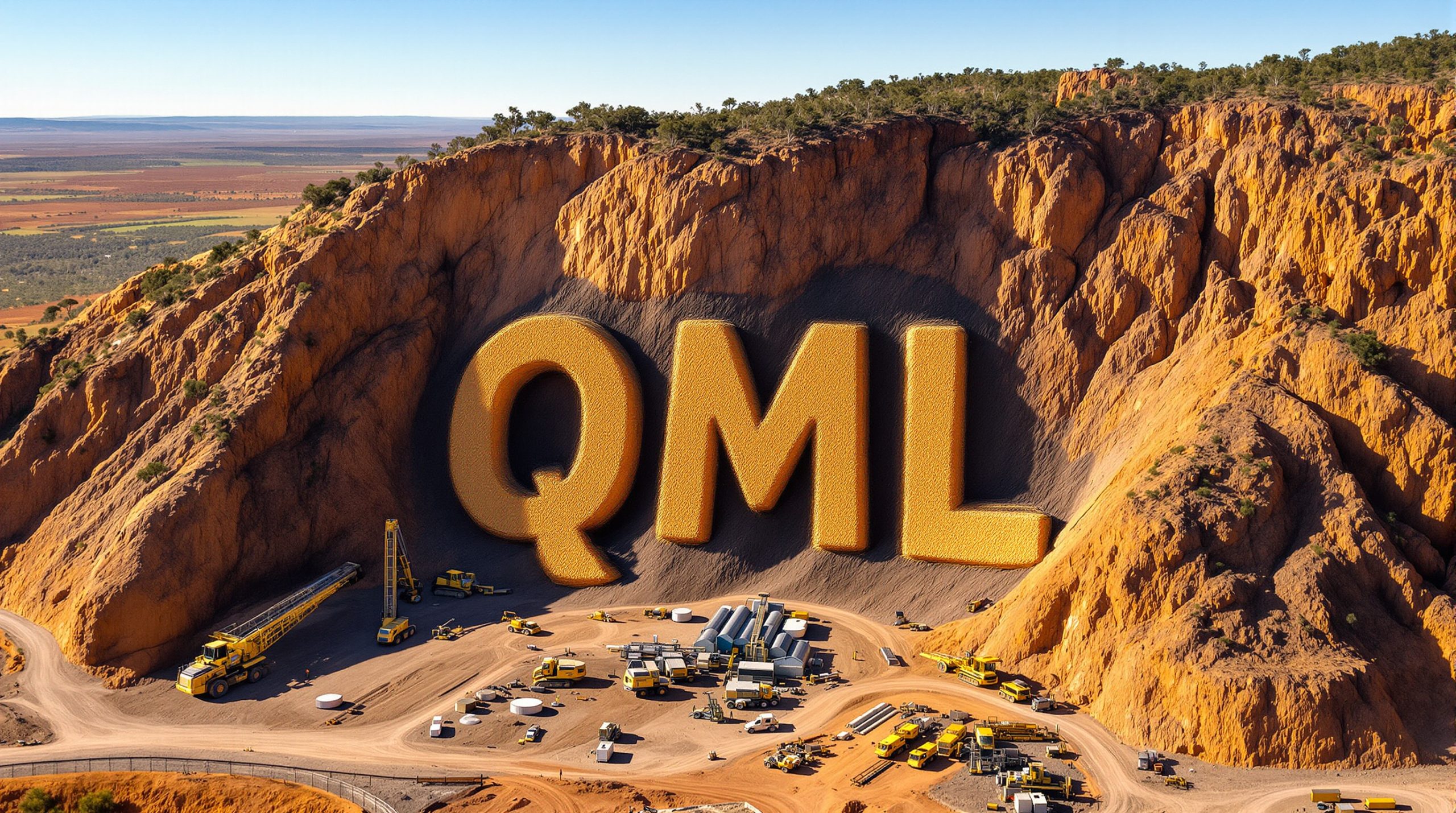Everest Metals Secures $150,000 MRIWA Funding to Pioneer Australian Rubidium Industry
Everest Metals Corporation (ASX: EMC) has been awarded $150,000 in funding from the Minerals Research Institute of Western Australia (MRIWA) to advance its rubidium extraction and purification process at the Mt Edon Critical Minerals Project in Western Australia.
Government Backing Positions EMC at Forefront of Critical Minerals Innovation
The MRIWA funding represents a significant endorsement of Everest's pioneering work to establish Australia's first commercial rubidium industry. This initiative aims to reduce Australia's reliance on Chinese supply chains for this critical mineral while creating a new high-value industry within Western Australia.
Mark Caruso, Executive Chairman and CEO of Everest Metals, highlighted the importance of this development: "We are grateful to the Western Australian Government for supporting and endorsing the development of what will be an Australian first for the Rubidium Industry and are excited to continue these programs in collaboration with Edith Cowan University, our research partner."
The funding program will commence in September 2025, with significant contributions from Edith Cowan University's Mineral Recovery Research Centre (MRRC), which is providing $30,000 in in-kind support through its Lead Investigators.
Bridging the Gap from Lab to Commercial Production
The MRIWA-funded project aims to bridge the critical gap between laboratory-scale experimentation and full-scale commercial operations. The primary objective is demonstrating the feasibility of consistently producing 1 kilogram of Rubidium Chloride (RbCl) per week at a target purity of 95% or higher.
This milestone would significantly validate the process's commercial scalability potential, particularly important given rubidium's high commodity value, currently priced at approximately USD$1,170/kg for rubidium carbonate, and its strategic importance in advanced technologies.
The project timeline spans approximately 12 months and will focus on:
- Scaling up production from bench-scale to consistent weekly production
- Refining and optimizing the production process for economic viability
- Continuing development of intellectual property, progressing from the current provisional patent to a standard patent
Understanding Rubidium's Strategic Importance
Rubidium is classified as a critical mineral by several countries including the USA, Japan, and New Zealand due to its limited global production and growing applications in high-tech industries.
Key Applications Include:
- Defense and Military: Night vision imaging, radiation detectors, and military infrared signal lights
- Aerospace: Ion propulsion engines and atomic clocks
- Communications: Ion cloud and fiber optic communications
- Medical: Treatments for epilepsy, sedatives, and tranquilizers
- Electronics: Photovoltaic cells, photoemission tubes, and TV camera tubes
- Energy Storage: Recently proposed for chemical storage within hydrogen batteries
The global rubidium market is projected to grow from $4.46 billion in 2023 to $7.2 billion by 2032, representing a CAGR of 5.48%. This growth potential is particularly significant given that current limited production constrains market expansion rather than lack of demand.
What Makes Mt Edon a World-Class Rubidium Resource
Everest's Mt Edon Critical Mineral Project, located 5km southwest of Paynes Find in Western Australia's Mid-West region, hosts an initial Inferred Mineral Resource of 3.6 million tonnes grading 0.22% Rb₂O and 0.07% Li₂O, containing more than 7,900 tonnes of Rb₂O.
The resource includes a high-grade subset of 1.3 million tonnes at 0.33% Rb₂O, representing nearly 56% of the total contained Rb₂O. This confirms Mt Edon as a tier-1 scale and grade deposit, with mineralisation remaining open along strike and at depth.
Several favorable factors enhance the project's economic potential:
- The resource outcrops or occurs close to surface, making it amenable to open-cut mining
- Geological modeling suggests a low stripping ratio
- Multiple geological and geophysical targets exist across the project for potential resource expansion
- The mineralisation is limited to only ~400m of a 1.2km lithium-caesium-tantalum pegmatite corridor
Breakthrough Recovery Process Shows Commercial Promise
Everest has already demonstrated significant progress in rubidium extraction technology through its partnership with Edith Cowan University:
- In December 2024, laboratory-scale demonstration achieved 91% overall recovery of rubidium
- By June 2025, optimization work had increased total rubidium recovery to an impressive 97%
- In February 2025, the company filed a provisional patent application for its proprietary extraction process
- The Direct Rubidium Extraction (DRE) process yields Rubidium Chloride (RbCl) as the primary product, eliminating additional conversion steps
The company has also secured collaboration with Australia's national science agency (CSIRO) to conduct advanced geochemical and mineralogical studies at Mt Edon, focusing on enhancing recovery processes.
Understanding Rubidium Extraction: From Ore to High-Purity Product
Rubidium extraction presents unique challenges compared to more common minerals. The Everest Metals rubidium extraction process being developed by Everest and ECU involves several key steps:
- Initial Leaching: Using acid leaching methods to extract rubidium from crushed ore
- Selective Extraction: Employing ion exchange technology to selectively capture rubidium ions
- Purification: Using precipitation-based methods to achieve high purity levels
- Final Product Formation: Crystallization of Rubidium Chloride as the end product
This proprietary process is designed to be both technically efficient and economically viable, with the potential to produce a high-value product from what has historically been an underutilized mineral resource.
The Science Behind Rubidium Extraction
Rubidium belongs to the alkali metal group on the periodic table, sharing chemical properties with elements like lithium, sodium, and potassium. However, its extraction requires specialized techniques due to its relatively low abundance and tendency to substitute for potassium in minerals.
The extraction challenge lies in selectively separating rubidium from other alkali metals present in the ore. Traditional extraction methods have proven inefficient, but Everest's approach leverages advanced ion-exchange technology to achieve selective recovery.
Ion exchange works by utilizing specially designed resins that have a higher affinity for rubidium ions compared to other metal ions present in the solution. When the leached solution passes through these resins, rubidium ions are preferentially captured while other metals remain in solution.
This selective extraction is followed by precise elution (washing) steps that recover the captured rubidium in a concentrated form, which can then be processed into various commercial rubidium compounds, primarily Rubidium Chloride.
Why Investors Should Take Note of Everest Metals
Everest Metals Corporation has positioned itself at the forefront of a new critical minerals industry in Australia. With rubidium prices at USD$1,170/kg and growing demand across multiple high-tech sectors, the economic potential is significant.
Key investment considerations include:
- First-Mover Advantage: EMC is pioneering an Australian rubidium industry, reducing reliance on Chinese supply chains
- Government Support: The MRIWA funding provides both financial assistance and validation of the project's strategic importance
- Intellectual Property: The company is developing proprietary extraction technology with patent protection
- World-Class Resource: Mt Edon hosts a substantial rubidium resource with expansion potential
- Strong Recovery Rates: Technical work has demonstrated up to 97% rubidium recovery
- Growing Market: The global rubidium market is projected to reach $7.2 billion by 2032
With the MRIWA funding now secured, Everest is well-positioned to advance its rubidium extraction technology toward commercial production, potentially establishing a new high-value critical minerals industry in Western Australia.
Want to Get In on the Ground Floor of Australia's Rubidium Revolution?
Explore how Everest Metals Corporation is pioneering Australia's first commercial rubidium industry with its world-class Mt Edon Critical Minerals Project. With MRIWA funding secured, breakthrough extraction technology delivering 97% recovery rates, and a global market projected to reach $7.2 billion by 2032, EMC presents a unique investment opportunity in the critical minerals sector. To learn more about this first-mover in the high-value rubidium space and stay updated on their progress towards commercial production, visit Everest Metals' website today.
